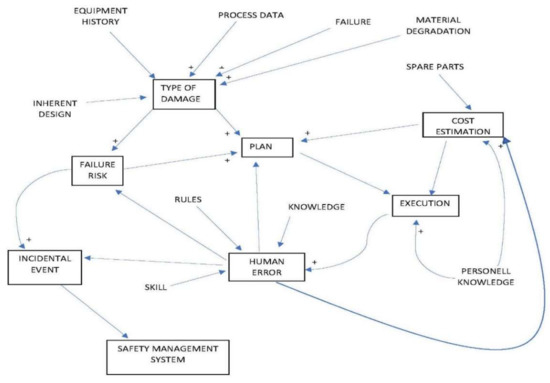The Bhopal gas tragedy, which occurred on December 3, 1984, in the city of Bhopal, Madhya Pradesh, India, is considered one of the worst industrial disasters in the history of the world. It involved the release of a highly toxic gas, methyl isocyanate (MIC), from a Union Carbide Corporation (UCC) pesticide plant, which killed an estimated 3,000 people immediately and caused serious injury and illness to thousands more. The disaster also had long-term environmental and economic impacts on the region and its residents.
There are several ethical issues involved in the Bhopal gas tragedy that deserve attention and examination. These include corporate responsibility, environmental ethics, and the ethical implications of globalization.
One of the most significant ethical issues in the Bhopal disaster is the issue of corporate responsibility. UCC, the company responsible for the disaster, was accused of prioritizing profits over the safety and well-being of its workers and the local community. The company allegedly cut corners in the design and operation of the plant, resulting in inadequate safety measures and inadequate training of plant employees. Additionally, the company was accused of ignoring warnings from its own employees about the potential for a disaster.
Another ethical issue that arose in the aftermath of the disaster was the issue of environmental ethics. The release of MIC gas caused significant damage to the environment, including the contamination of soil and water sources. This had long-term consequences for the local community, as they were unable to use these resources for farming or drinking water. The disaster also raised questions about the ethical responsibilities of companies to protect the environment and the communities in which they operate.
Finally, the Bhopal gas tragedy also raised ethical questions about the impact of globalization on local communities. UCC was an American multinational corporation, and the Bhopal plant was part of its global operations. This raised questions about the role of multinational corporations in developing countries and the ethical responsibilities of these companies to ensure that their operations do not harm local communities.
In conclusion, the Bhopal gas tragedy raises several ethical issues that are still relevant today, including corporate responsibility, environmental ethics, and the ethical implications of globalization. It is important to examine these issues and consider how we can learn from the disaster to prevent similar tragedies from occurring in the future.
Bhopal Gas Tragedy And Its Ethical Issues Case Study Solution and Analysis of Harvard Case Studies

Its main industries consisted of manufacturing heavy electrical equipment, weaving and printing cotton cloth, and milling flour. The Sevin plant, after having been shut down for some time, had been started up again during November but was still running at far below normal capacity. More than 2,000 residents died within hours of the leak and activists place the eventual death toll from the accident as high as 20,000. And the buyer power is low if there are lesser options of alternatives and switching. Later, the affected area was expanded to include 700,000 citizens.
Bhopal disaster

For such actions there are no provisions in any law, so we have to fall back on a common law practice," said Amit Karkhanis, Advocate, Kay Legal. . The Indian Government and UCC deny permanent injuries were caused by MIC or the other gases. Proper ethics need to be practiced. In 1999, Dow Chemical acquired Bhopal Union Carbide Corporation and as publicly owned corporation, the company is unable to accept any responsibility for the Bhopal catastrophe due to share price. The Bhopal UCIL facility housed three underground 68,000 liters liquid MIC storage tanks: E610, E611, and E619 and were claimed to ensure all safety from leakage. It is estimated 100,000 to 200,000 people have permanent injuries.
Engineering Ethics

Established in 1966, it publishes essential reference materials, peer-reviewed journals, book series, conference proceedings, and research databases. Because this company had employees working with hazardous chemicals, there need to be regulatory safety checks. The strengths and weaknesses are obtained from internal organization. The stakeholders in this tragedy were Union Carbide Corporation UCC , Union Carbide India Limited UCIL , the Indian government, company workers, hospital workers, and the local citizens in Bhopal. A financial analyst said, 'Coke's market.
Ethical Issues in the Bhopal Gas Tragedy

A leak of methyl isocyanides gas and other chemicals from the plant resulted in the exposure of hundreds of thousands of people. Union Carbide Corporation, 2011 This incident killed thousands Bhopal Ethics The Bhopal gas leak was a terrible tragedy in which thousands of helpless civilians were killed and hundreds of thousands were injured as they slept. Many events that foreshadowed the disaster would have been outrageous at home. Background of the involved …show more content… 3. By intentionally depriving employees of training, the company divested the workers of information on potential health and life-safety implications of MIC. The methyl isocyanate, or MIC, was stored in the three partly buried tanks, each with a 15,000-gallon capacity. In addition, the quantitative data in case, and its relations with other quantitative or qualitative variables should be given more importance.








